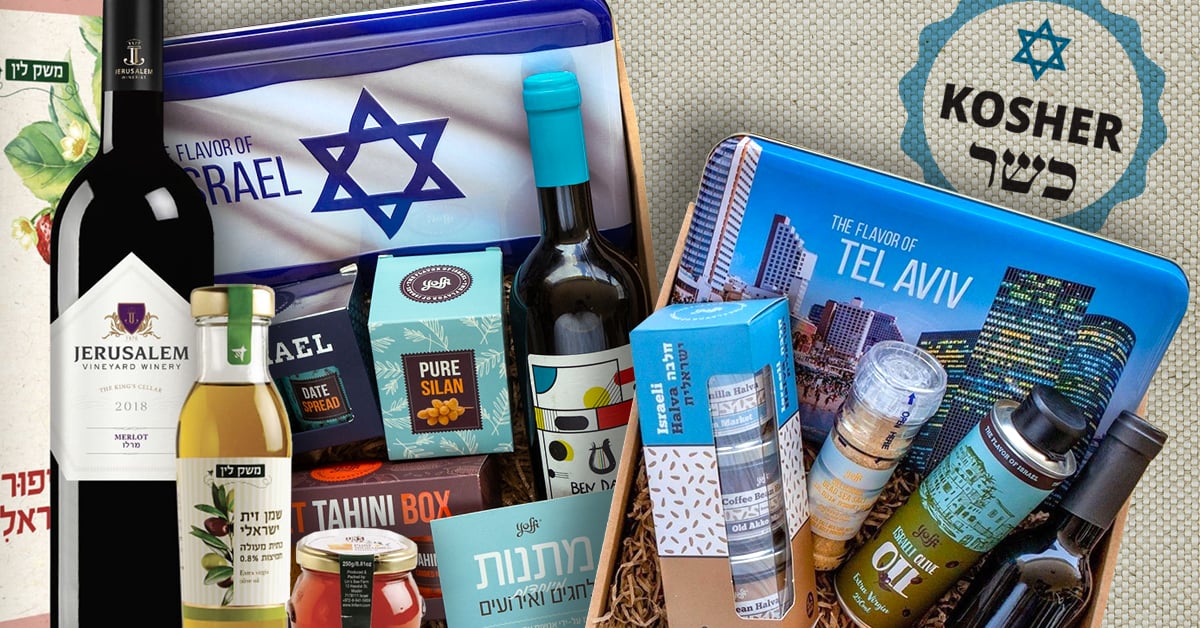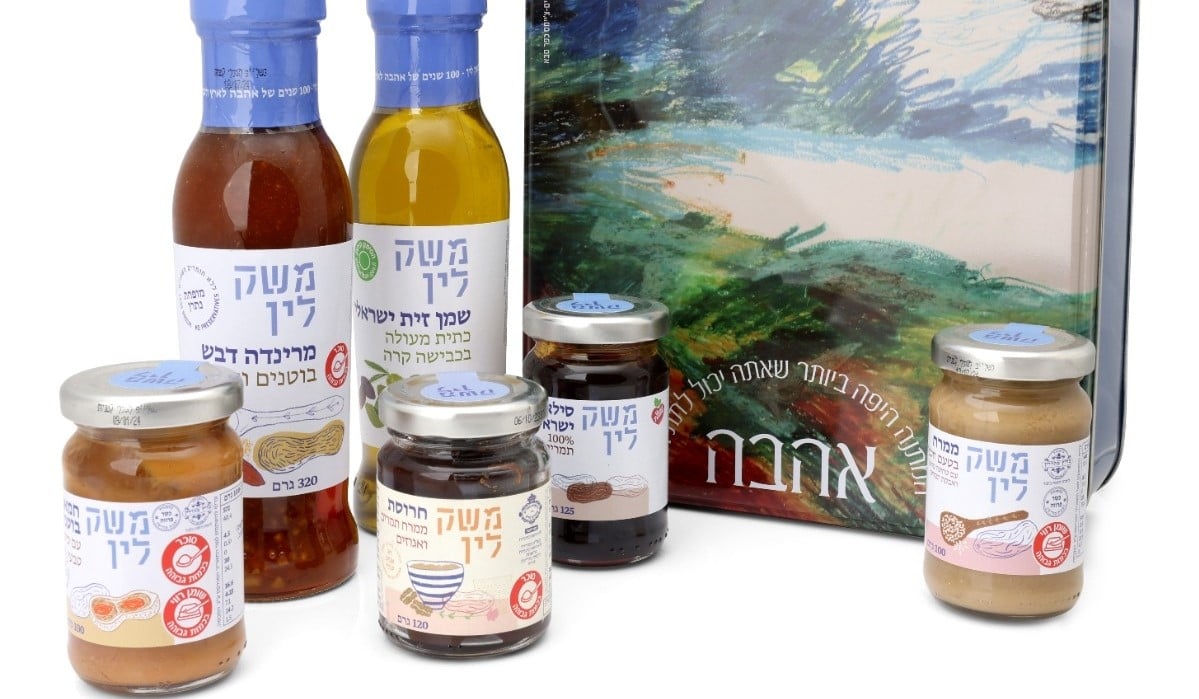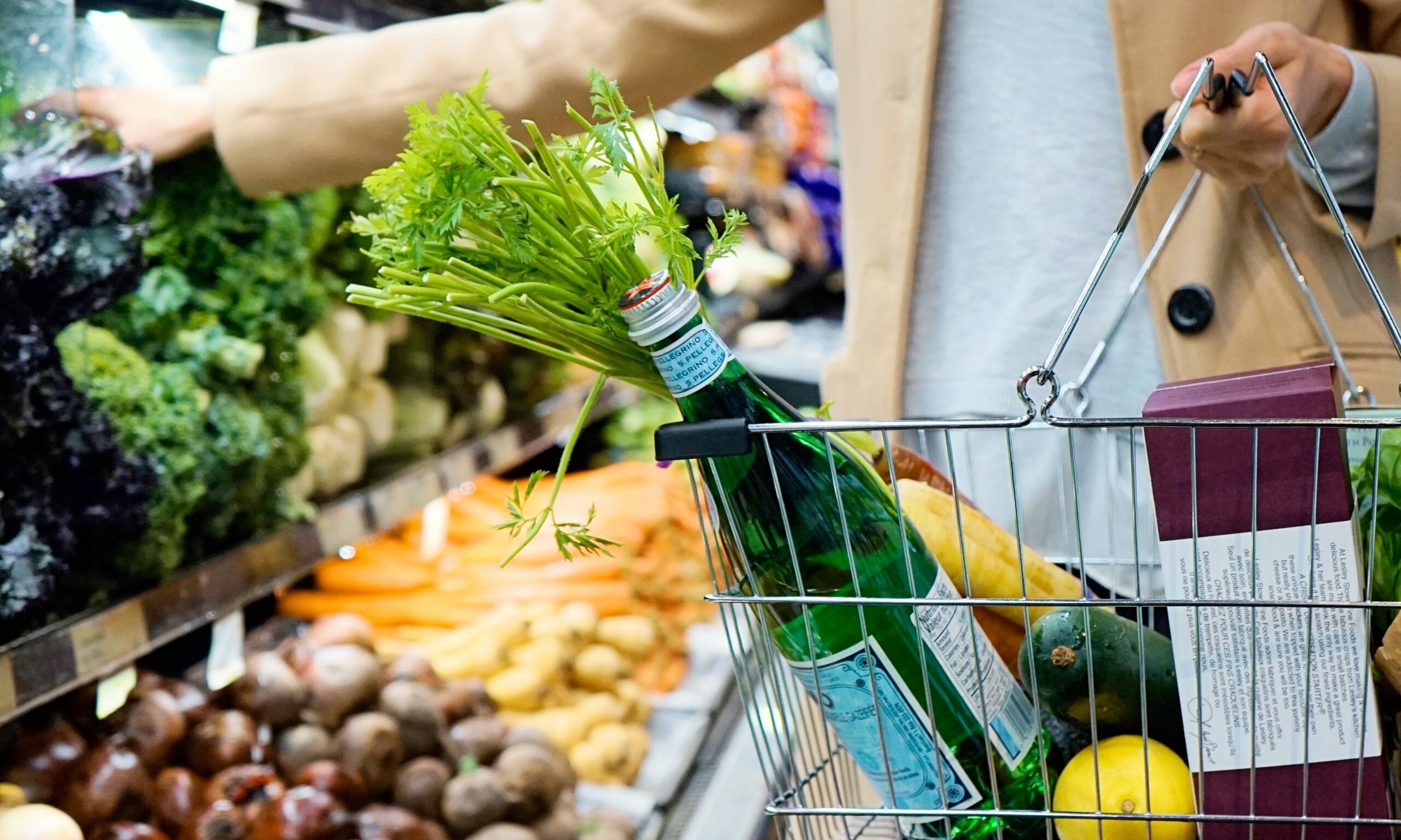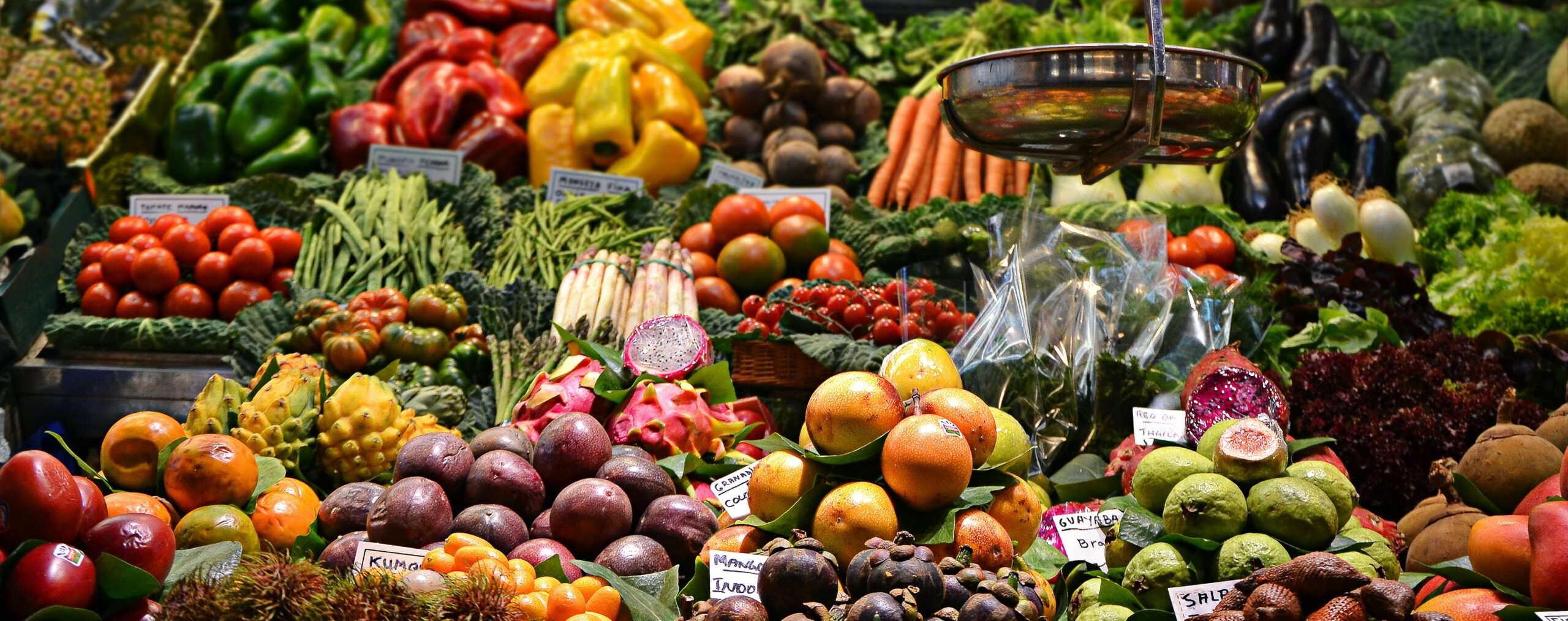
No matter your tradition or level of observance, you’ve probably seen or heard of kosher food. But what does it mean when we say a food is kosher, and why does it matter? How can you tell if something you buy is kosher?
All your questions are answered below!


When food is designated as "kosher," it means that it meets the dietary requirements of Jewish law known as "kashrut." These laws come from the Torah and the Talmud, as well as Rabbinic rulings that have interpreted and applied the Biblical and Talmudic laws to new foods and circumstances over the centuries.
Today, there are Rabbinic agencies that certify food in restaurants and grocery stores as kosher, to help the observant Jewish consumer know what is considered religiously acceptable. Many kosher-observant Jews only purchase and consume food that is officially kosher-certified, while others may make their own determinations based on listed ingredients or personal knowledge.
For example, nearly all food produced in Israel today is inspected and certified as kosher by the Israeli Rabbinate - including everything on our site!

Some key principles of kashrut that designate food as kosher include:
1. No prohibited animals, such as pigs, shellfish, and birds of prey.
2. Animals for red meat are slaughtered in a specific way, known as shechita, by a ritual slaughterer called a shochet; moreover, the animal cannot have been sick or injured before slaughter.
3. Blood is drained from meat after slaughter, and eggs may not contain blood spots.
4. Meat (including poultry, but not fish) and dairy are not cooked together or consumed together in the same meal; additionally, Orthodox standards require separate cookware, dishes, and utensils for meat and dairy meals and food prep.
5. Fruit and vegetables are checked before cooking or eating to ensure they are not contaminated by insects.
6. Wine must be made in a specific way and by observant Jews in order to be kosher.

When you're out grocery shopping or ordering food online, here's how to ensure the food you buy is kosher:
1. Check for a kosher certification symbol: Look for a symbol from a kosher certifying agency on packaged foods, that designates the product as kosher. Outside Israel, these may be very small and somewhere on the back of the package, so look carefully!
In the US, the common kosher symbols include those by the OU (Orthodox Union), OK (Kosher Supervision of America), CRC (Central Rabbinical Congress), Star-K, and Kof-K, among others. If you have a question about a particular symbol, check with your rabbi.

In Israel, kosher certification is often more prominent on the product packaging, and includes detailed information in Hebrew. All of the food items sold on our site include kosher certification; if you have questions about the kashrut (kosher status or certification) of any specific product, feel free to contact our customer service team for assistance.
2. Check produce for bugs: Fresh fruits and vegetables are generally considered kosher and don't need certification; however, make sure to wash everything and check for any insects before cooking or eating! If you're not sure how to check for bugs properly, consult your rabbi or a knowledgeable authority.

3. Ask a rabbi: If you have any questions about the kosher status or acceptability of a specific product, you can always ask your rabbi or a local kashrut agency.
In addition, in some countries food products don't always get kosher labels on their packaging, but the local rabbis instead keep a list of acceptable products and brands that is published among the community.
If keeping kosher is important to you, it's a good idea to familiarize yourself with your community's standards and to keep an open line of communication with your rabbi should any questions arise.

The practice of keeping kosher and eating kosher food is an important part of religious practice, cultural expression, and Jewish identity for many individuals and communities.
For many Jews, following kashrut is a way of fulfilling what they believe are their religious obligations and connecting with their faith and the Divine. For others it may be more of a spiritual discipline and mindfulness, or an expression of their cultural identity, or simply a family tradition that connects them to their community and their ancestors.
Some people also consider kosher food to be more ethical and/or hygienic. For instance, kosher slaughter is often more humane than other methods, and requires ultra-sharp equipment that completes the slaughter instantly and as painlessly as possible. Additionally, the prohibitions on consuming blood and insects help maintain the safety and hygiene of the food.
Not all Jewish individuals observe kashrut strictly, or at all, and different communities may have different interpretations or place different levels of importance on certain aspects of kosher law. Nonetheless, the availability of kosher food is important for Jewish cultural and religious expression, and many Jews feel more connected to holiday and shabbat traditions when kosher food is included.

Interested in kosher food? Check out our Jewish & Israeli Food blog category for kosher recipes and fun Jewish food facts, as well as our favorite kosher foods from Israel list. And don't forget to shop our full selection of kosher food and wine, shipped from Israel straight to your home!
Subscribe to JudaicaWebStore mailing list to receive updates on new arrivals, discounts and special offers
IL GLOBAL INC
3 Germay Dr Ste 5 PMB
23545 Wilmington, DE 19804,
USA





Owned by IL GLOBAL INC maintains its offices and warehouse in Jerusalem, Israel.© 1999-2024 Buy unique Israeli Judaica, for sale exclusively online
Owned by JWG Ltd, maintains its offices and warehouse in Jerusalem, Israel. © 1999-2022 JWG Judaica and Dead Sea Cosmetics

